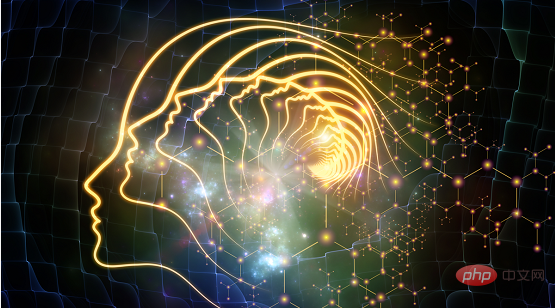

Artificial intelligence (AI) plays an increasingly important role in the research process. Artificial intelligence-based algorithms are used to increase research efficiency and provide new perspectives on the topics being explored. They are valuable not only in drawing connections between disparate information, but also in formulating and testing new hypotheses.
Recently, artificial intelligence research has made significant progress, and a machine learning algorithm can invent new proteins that can fight diseases. Additionally, AI researchers are now developing algorithms that can search scientific research papers and extract information from them to automatically correct scientific papers. Let’s look at more use cases of artificial intelligence in research.
Artificial intelligence is also used to optimize research laboratory resources, automate data acquisition, and facilitate the synthesis and analysis of complex data sets. For example, AI has recently been used to help manage activities in large-scale, long-term studies by providing real-time guidance. AI systems may be able to monitor the health of each participant in a study and alert scientists when a participant's status changes.
Artificial intelligence is also used to optimize laboratory technology and equipment. AI-powered robots can automate many tasks previously performed only by humans, such as organizing and storing scientific equipment, preparing samples for analysis, and performing routine diagnostic tests. Additionally, automated systems can perform tasks that would be too dangerous or difficult for scientists or technicians to complete. Artificial intelligence and robotics are also used in experimental design—helping researchers determine which parameters should be changed, how experiments should be designed, and what measurements should be taken.
Many people believe that artificial intelligence will soon be used to identify new drugs and drug combinations, diagnose diseases from medical images, and assist in surgery. Artificial intelligence was used to predict an enzyme better than any other prediction before. A technique called deep learning is used. The system is able to predict the three-dimensional structure of enzymes. On top of that, the 3D structures are more complex than those the algorithm was previously trained to handle. Artificial intelligence has also been used successfully in cancer research to create better ways to detect, diagnose and treat cancer patients.
Researchers report using machine vision to analyze human behavior and physical characteristics in videos of people with autism and Asperger syndrome. They used deep learning-based AI algorithms with a dataset of 1,200 videos featuring a 12-megapixel camera, like the one on the iPhone 13, of individuals making facial expressions or engaging in social interactions, such as smiling or nodding. The analysis revealed ten different facial states of autism, and the deep neural network also accurately predicted the severity of symptoms.
Researchers use artificial intelligence-based algorithms to search molecular databases and find effective molecules with desired properties. Such an algorithm might be able to search a database of millions of molecules in a fraction of the time it would take an expert scientist.
Computer scientists have also created a system that can be used to generate new educational games based on existing video games. Researchers use artificial intelligence to develop new algorithms that recombine existing game elements into new types of games. They used machine learning to create a system that uses personalized learning algorithms to select elements from vast amounts of video game content and then recombine them in unpredictable ways. The researchers suggest that this technique could be used to explore different types of video games or create new ones based on existing games.
Some assert that artificial intelligence will affect human nature, their intelligence and decision-making processes. With the advent of artificial intelligence, there are concerns about how its creation will impact humans, including encouraging bias in human thought processes. A common concern is that machines will become smarter than humans and thus gain control. Regardless, AI is proving to be a powerful tool for connecting information and deriving new hypotheses.
The above is the detailed content of How is artificial intelligence reshaping research?. For more information, please follow other related articles on the PHP Chinese website!




